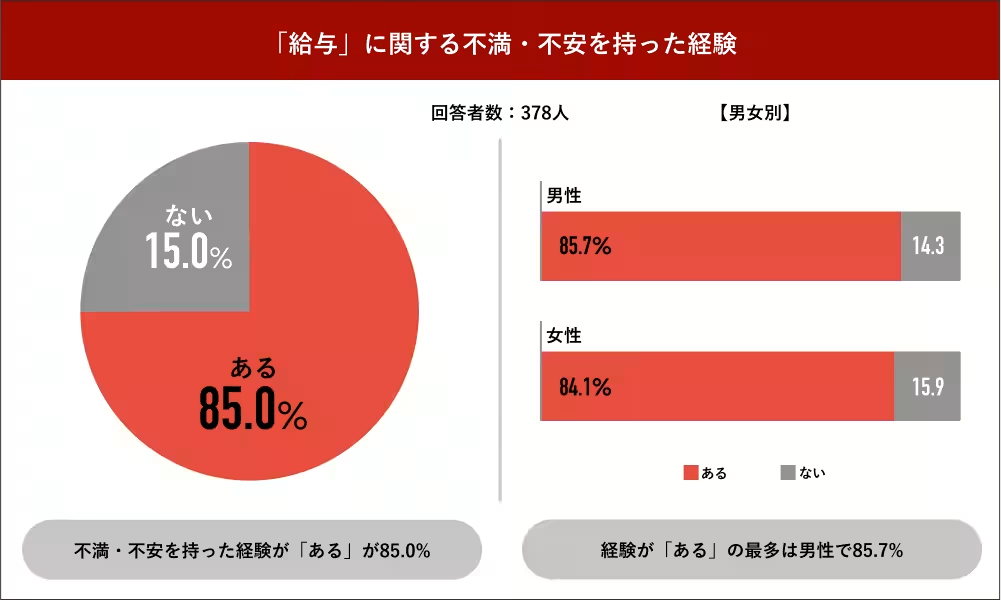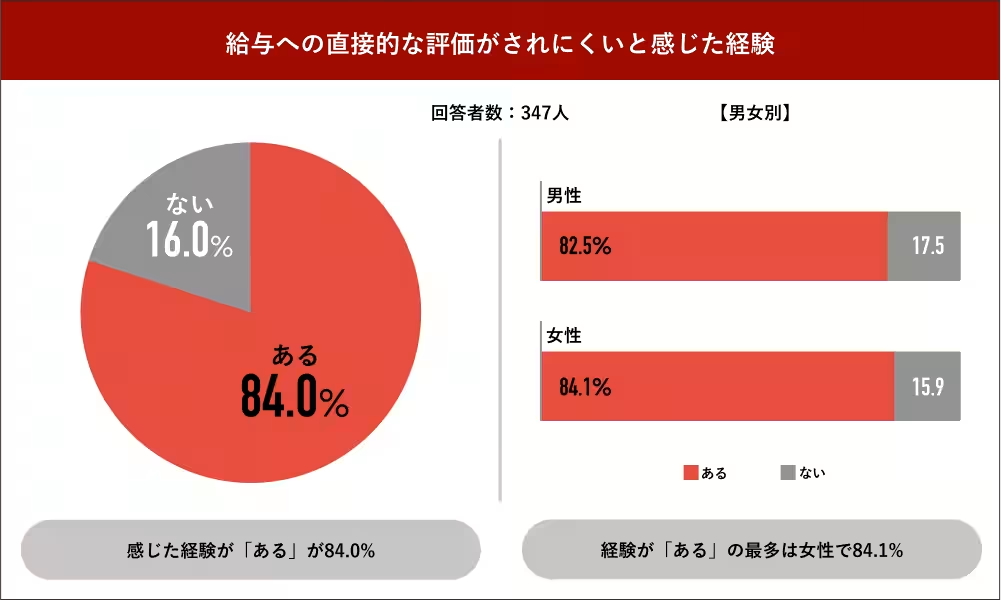

Majority of Working Adults Express Discontent with Salaries and Gender Gaps in Perceptions
Recent Survey Unveils Salary Discontent Among Professionals
A recent survey, conducted by JobQ Town, a platform under Persol Career, has drawn attention to the dissatisfaction many working adults feel regarding their salaries. In a study involving 1,498 anonymous submissions, a staggering 85% of respondents reported having experienced some level of discontent or insecurity concerning their salaries, with the phenomenon being particularly prominent among men.
The survey aimed to gauge the realities of work-related dissatisfaction and unease, especially in relation to salaries. While the cost of living, particularly food prices, continues to rise dramatically, real wages have failed to keep pace. A past JobQ Town survey highlighted that over 70% of working adults felt unsatisfied with their company's evaluation of their performance.
Key Findings from the Job weeQ Survey
This study shed light on distinct aspects of salary-related grievances:
- - 85% of participants expressed dissatisfaction with their salary
- - 84% felt that salary evaluations are not directly reflected in their pay
While both genders reported similar levels of dissatisfaction, men slightly outnumbered women in the 'dissatisfied' category with figures of 85.7% and 84.1%, respectively. The commentary collected provided a vivid insight into the nuances impacting these feelings.
Voices of Dissatisfaction
Male Respondents
Among male participants, various comments pointed to the struggles stemming from high living costs, including expenditures related to mortgages and child-rearing. Many felt that their salaries did not adequately reflect their workload and responsibilities. A common sentiment was frustration about being evaluated similarly to less experienced colleagues, particularly when they felt they exceeded their peers in both responsibility and output. Examples of their concerns included:
- - "I have to support my family, and my salary hardly covers our expenses."
- - "It's disheartening to see colleagues get significant pay raises after switching jobs while I remain unrecognized."
- - "My work-life balance is affected by this unequitable pay structure."
Female Respondents
Conversely, the comments from female employees provided critical insights into gender disparity issues. Many women reported that their expectations for salary increases upon transitioning to full-time roles were unmet, leading to disillusionment. Others noted striking gender inequalities in pay and evaluations, often observing that male colleagues received better compensation despite lesser contributions. Key observations included:
- - "I was promised a pay increase with a full-time position, yet the reality fell short of those expectations."
- - "Despite achieving better results, my male peers are compensated more, reflecting outdated gender biases in our workplace culture."
The Challenge of Salary Evaluation
The survey participants also voiced concerns about the difficulty in getting direct evaluations concerning their pay. About 84% of respondents felt that their efforts go unnoticed unless they actively promoted their accomplishments. Many expressed frustrations about the evaluation processes prevalent in their workplaces. Below are notable comments:
- - "If you don't market yourself, your hard work goes unrecognized."
- - "Despite my contributions to team projects, I often see minimal recognition for my efforts."
- - "It's discouraging to see favoritism impacting promotions and pay increases, leaving meritocracy behind."
Implications of the Findings
The findings of this survey reveal a stark reality: discontent regarding salary and its associated evaluations remain pervasive across Japan's workforce. Given the increasingly rising costs of living, addressing these concerns is more crucial than ever. The data suggests that both organizational transparency in evaluations and a reevaluation of salary structures could potentially lead to higher employee satisfaction and retention.
In conclusion, as the dynamics surrounding work, salary, and gender issues evolve, initiatives like Job weeQ become indispensable for shedding light on these pressing concerns. They not only contribute to understanding worker dissatisfaction but also aid in fostering conditions that allow for better work environments.
About Job weeQ and JobQ Town
Job weeQ is an initiative aimed at collecting and analyzing opinions regarding current workplace issues, linking societal trends with individual experiences. JobQ Town serves as a platform for professionals to share insights and discussions surrounding their work situations, fostering a community centered on transparency and improvement.



Topics People & Culture)










【About Using Articles】
You can freely use the title and article content by linking to the page where the article is posted.
※ Images cannot be used.
【About Links】
Links are free to use.